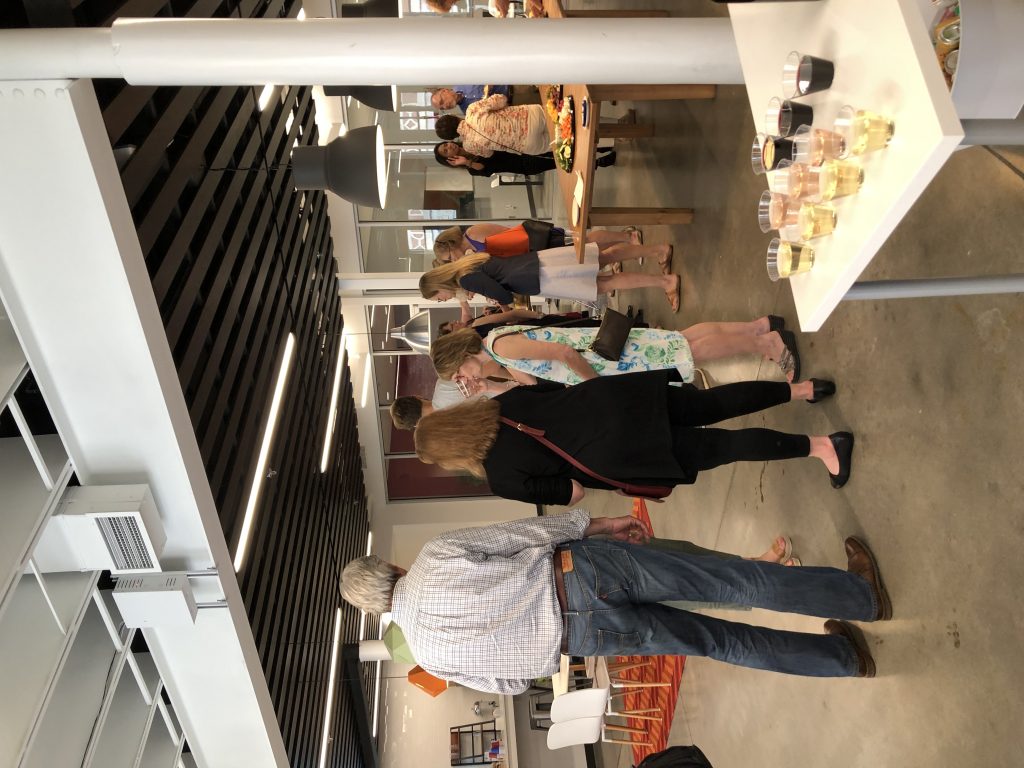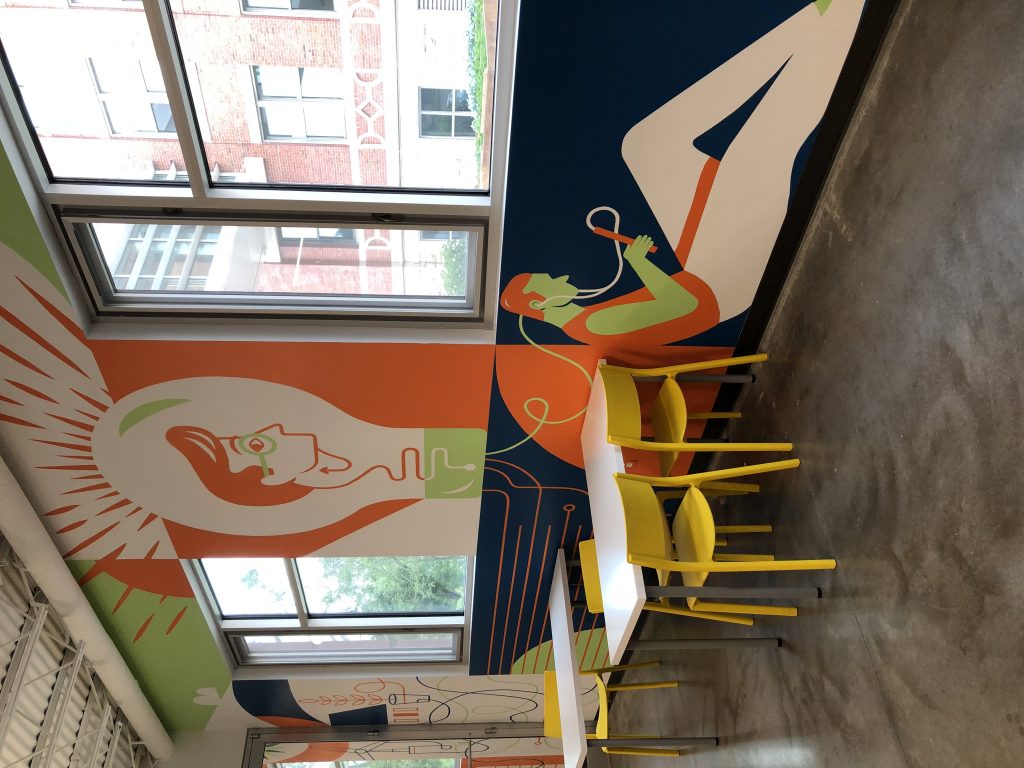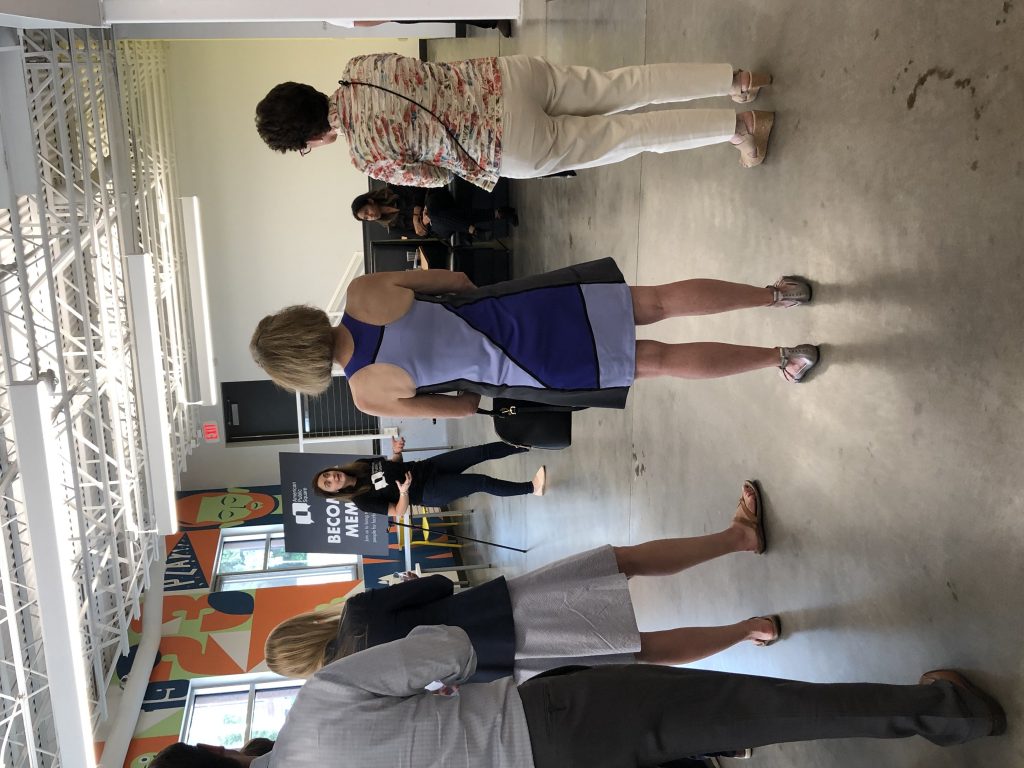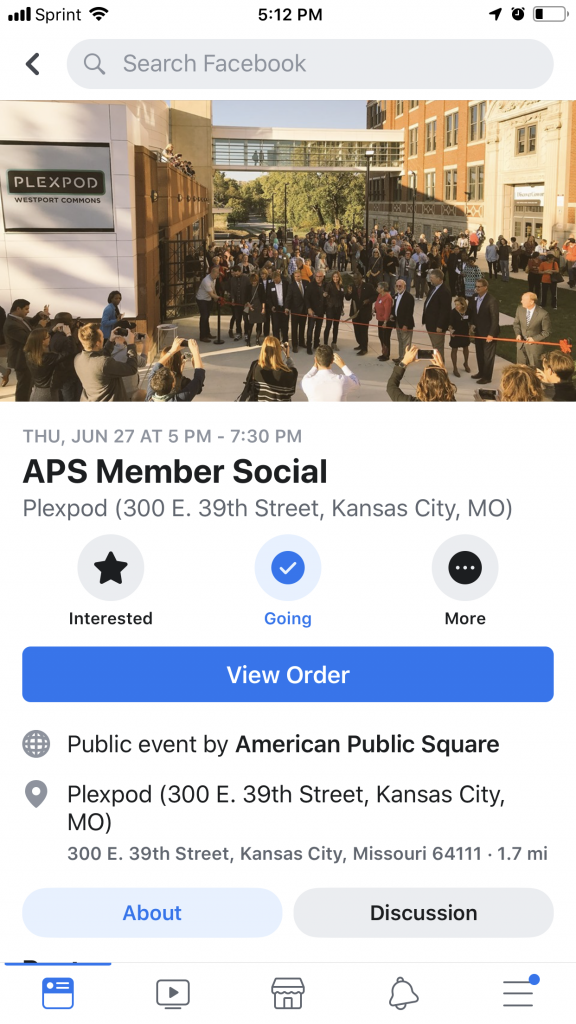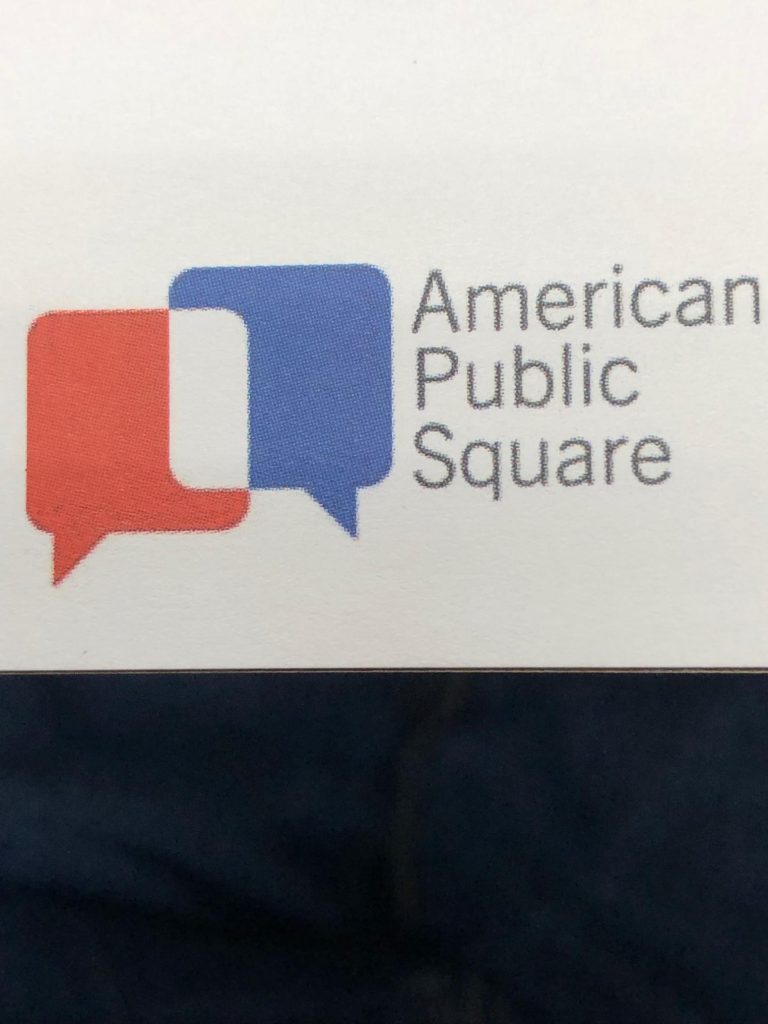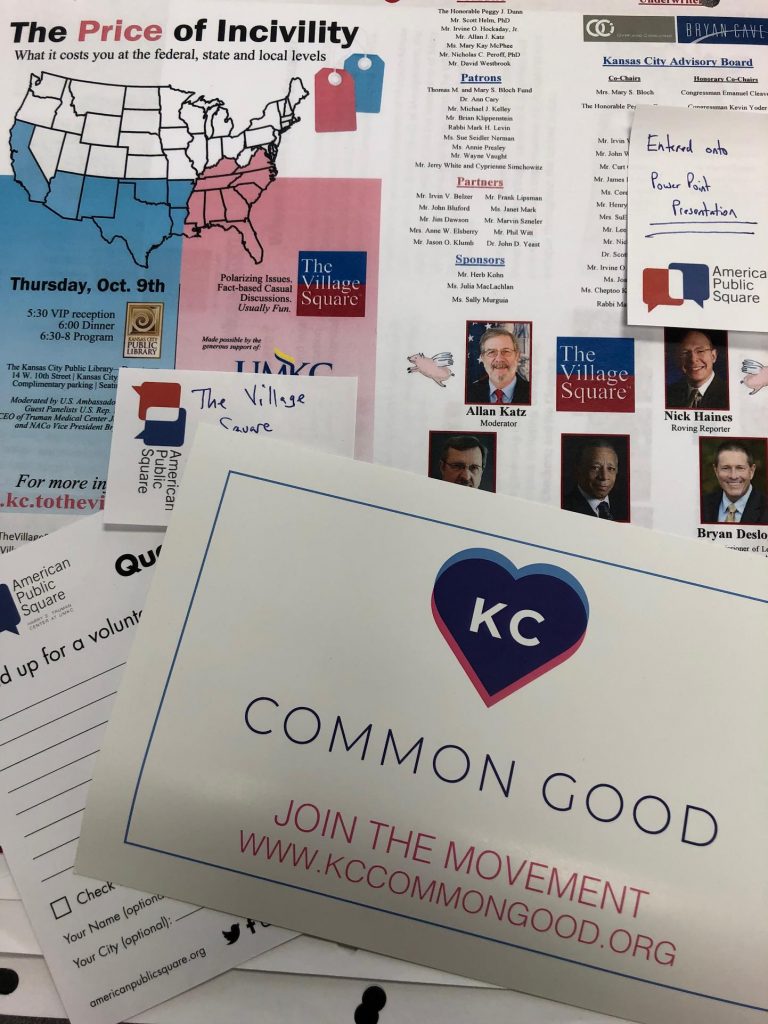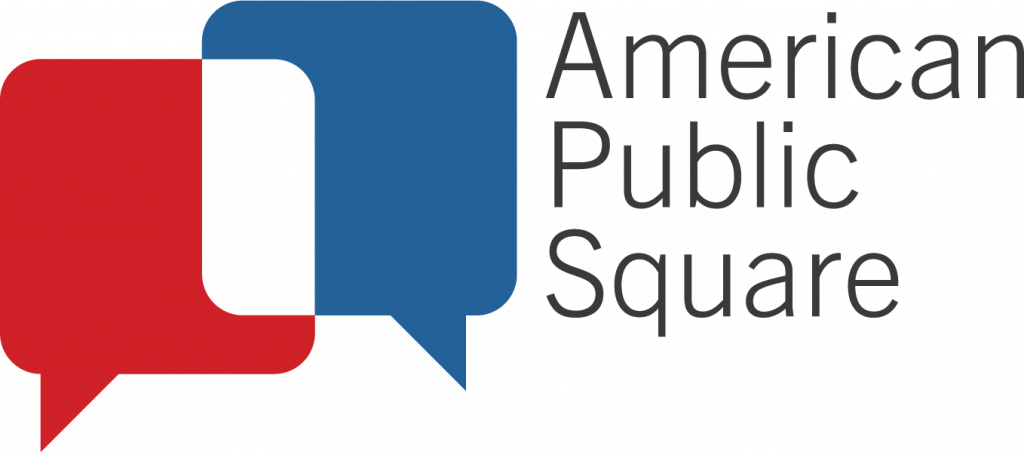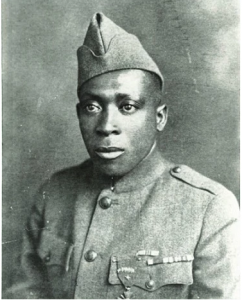Note: This is the second in a series of posts about the 1968 Oral History Project, a collaboration between UMKC’s History Department, UMKC’s Miller Nichols Library, and KCUR. For an overview of the project, see the first post here.
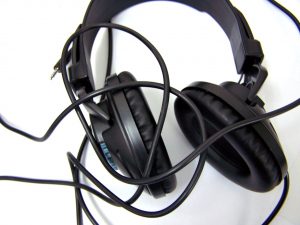
Freeimages.com/Raul Mendez
Part of my job in the 1968 Oral History Project is to create transcripts of each interview that we have completed. This sounds pretty straightforward: listen to the recording, write down what you hear, done. In practice, though, it’s little trickier. Sometimes people mumble, speak too quickly, or use names that I don’t recognize. Sometimes they get distracted mid-sentence, or start and stop a thought without finishing it. Other challenges are even more subtle: How do you decide which punctuation fits their phrasing best? Do you note a long pause while they’re searching for the right word? What about a long pause where the subject is wiping his eyes and trying to collect himself? (Another UMKC History Department intern, Kenan Brown, wrote a post last year about the extra challenges of transcribing a group interview.)
In transcribing oral histories, you also have to decide if you’ll include verbal ticks (“um,” “like,” “uh,” and so forth) and if you’ll write, for example, “going to” when the interviewee says “gonna.” (The answer to these, generally, is no on the first one, and yes on the second, although opinions differ. If you’d really like to get into the weeds on this, you can check out the Transcribing Style Guide from Baylor’s Institute for Oral History.)
All of this, as you might expect, makes for slow going. It seems to take about an hour to transcribe every 15 minutes of recorded interview, although a speaker who talks quickly and runs words together can take even longer. Thankfully, technology provides a bit of help. We are testing out a software called InqScribe, which allows you to use keystrokes as shortcuts to add timestamps and names, and to start, stop, and rewind the interview. For me, though, there’s also a certain benefit to this slow process. It forces me to listen in a way that we rarely do in life; I pick up on subtleties that I didn’t even understand or appreciate while I was listening closely during the interview itself.
The most powerful thing about transcribing these interviews, however, has been its influence on me as a researcher. Though most of my research has not involved oral histories (I tend to research the late 19th and early 20th century, when there weren’t many recorded interviews), I have occasionally skimmed transcripts in archives to determine whether they are useful for my research. There’s nothing wrong with this–in fact, the ability to text-search a transcript has made it much easier to access useful oral histories that might not have appeared relevant at first glance–but it’s not enough. Listening for hours, making judgments about translating the spoken word into the written word, and noting the way that emotional, fascinating stories fall flat on the page has convinced me that using oral histories as sources without listening to the audio is, at best, inadequate, and, at worst, irresponsible. Much of the power and meaning of an oral history is conveyed through the voice of the speaker. It would be a shame to treat it like just another written document.

